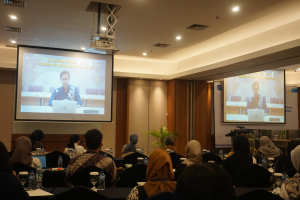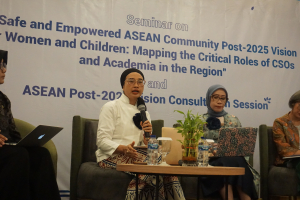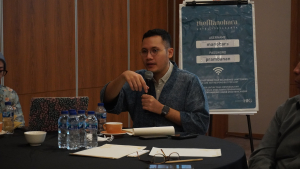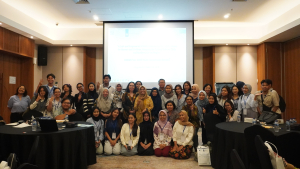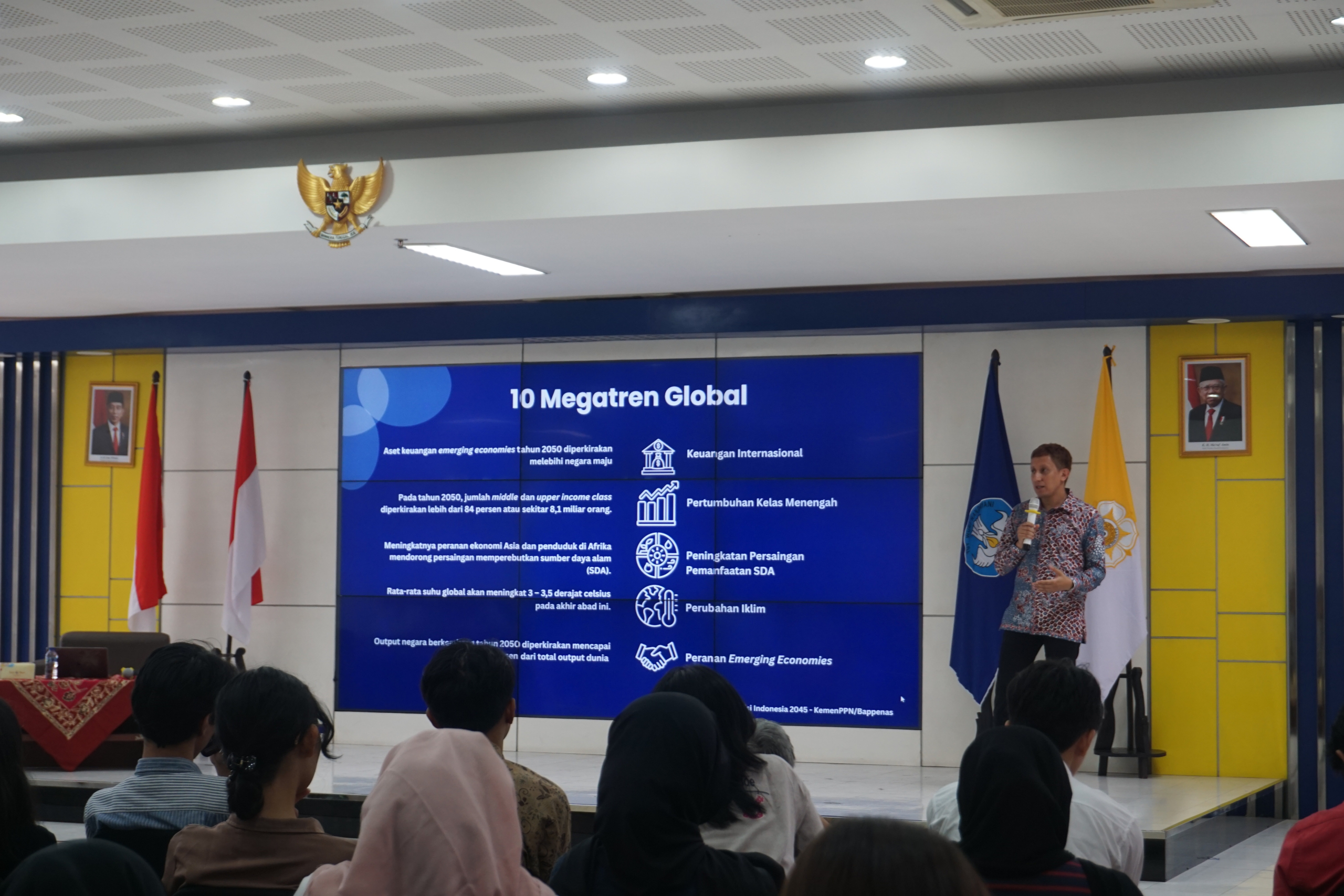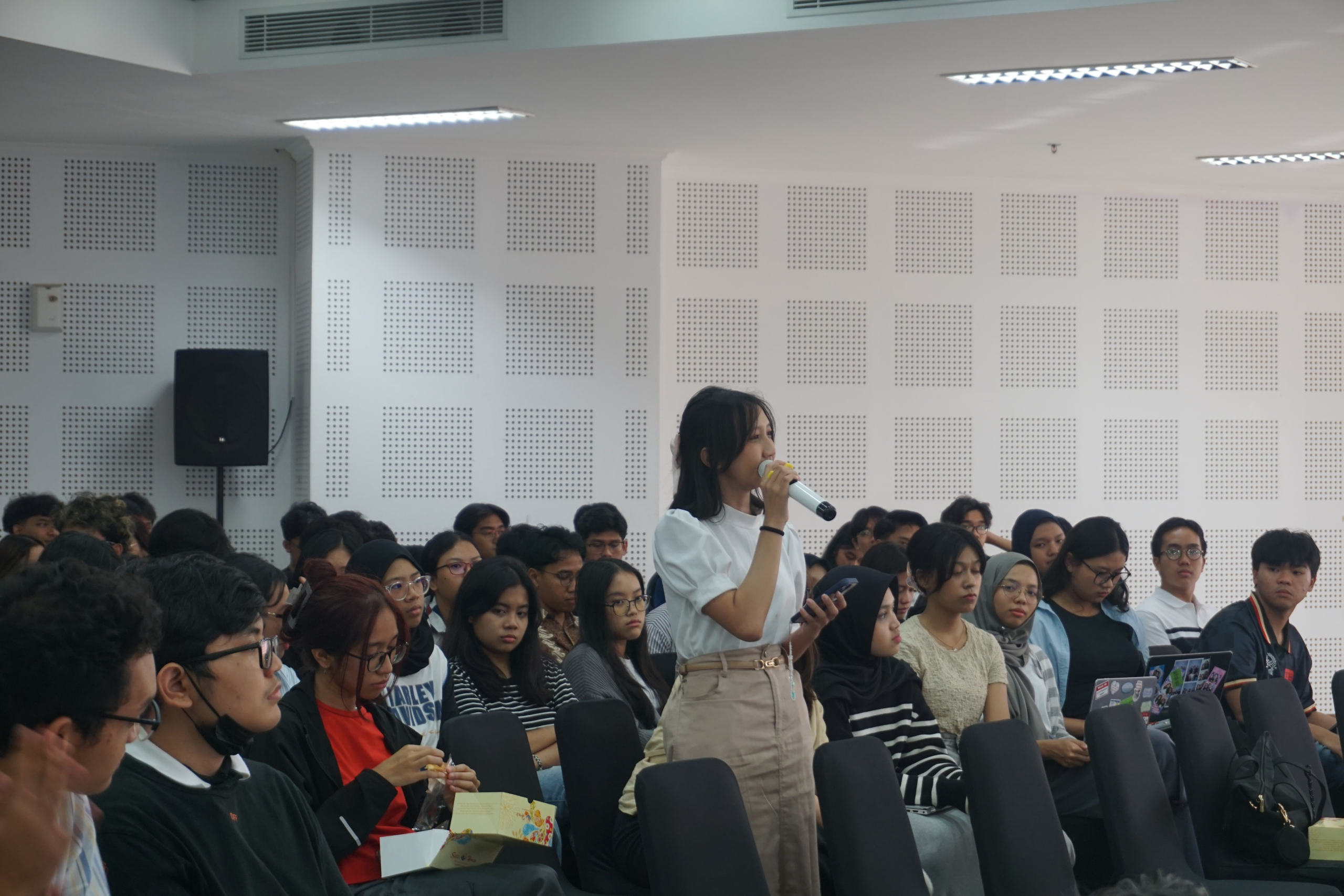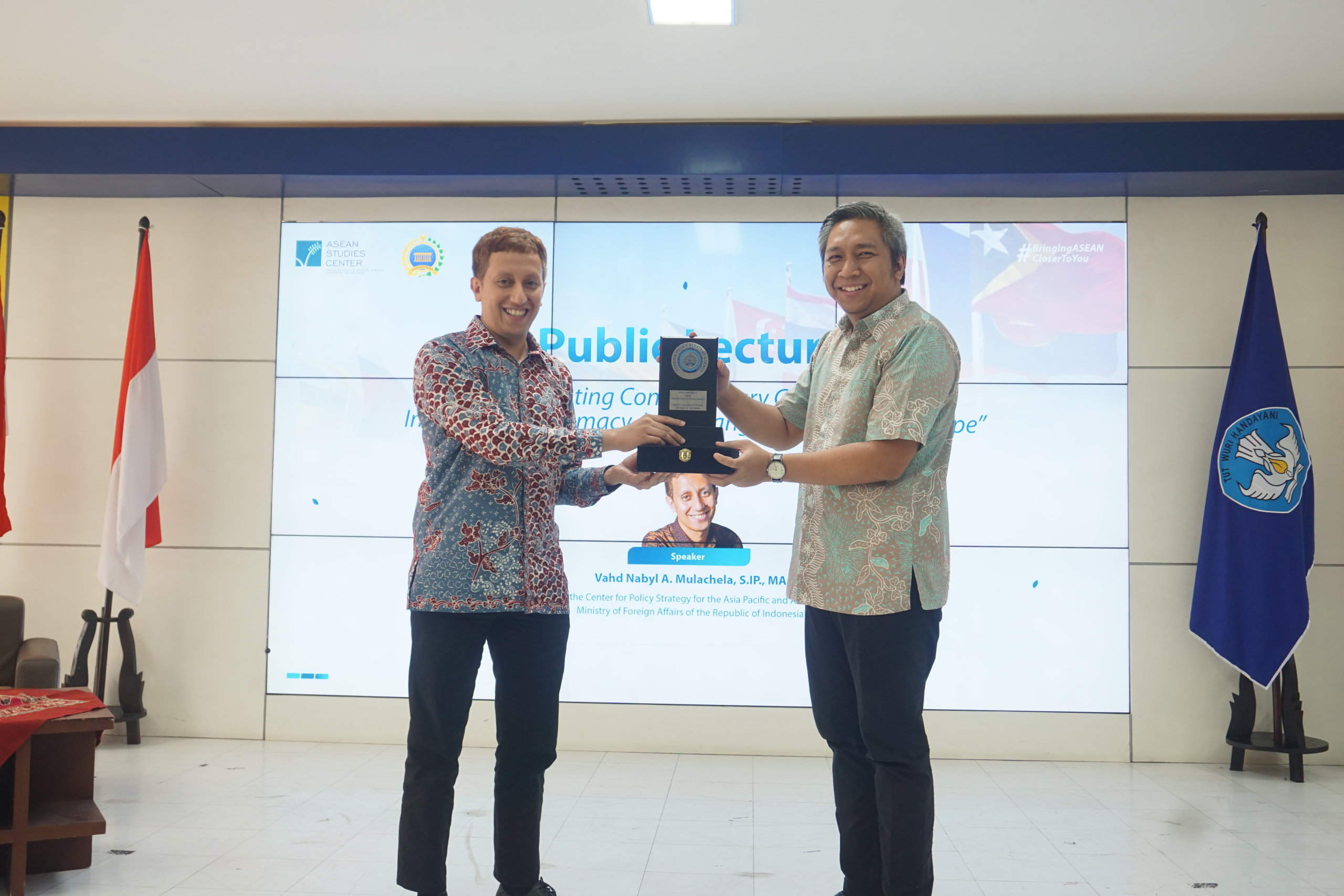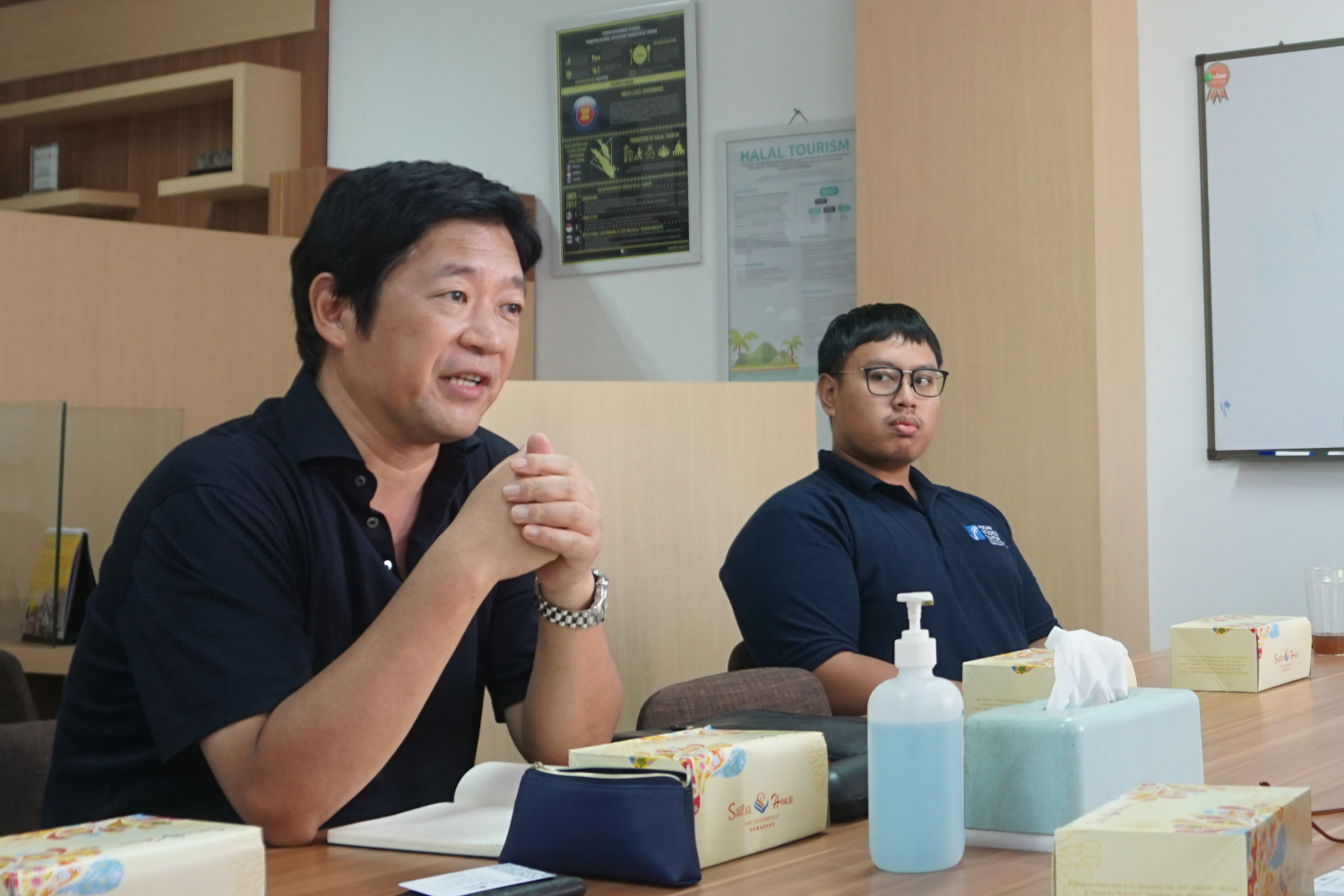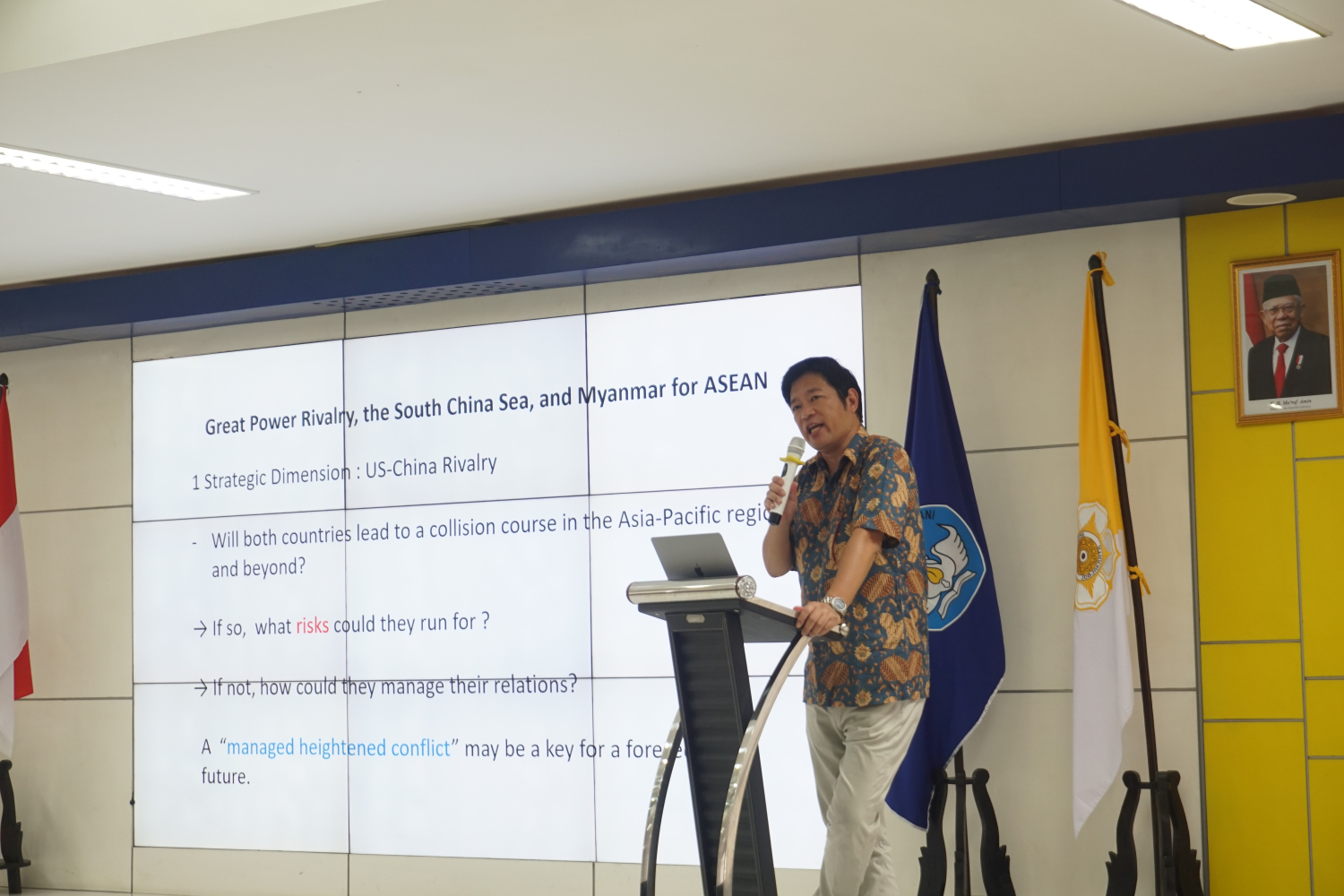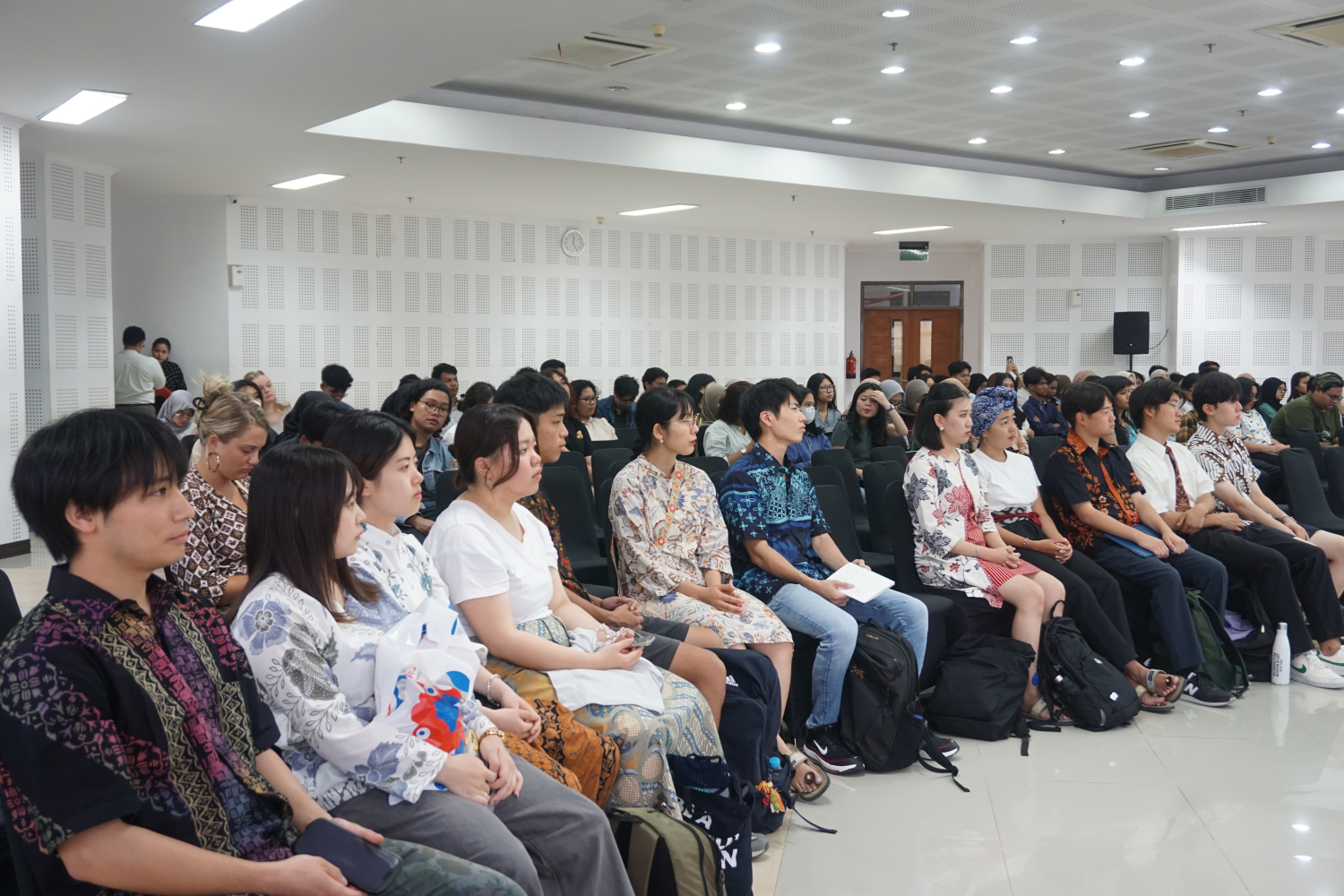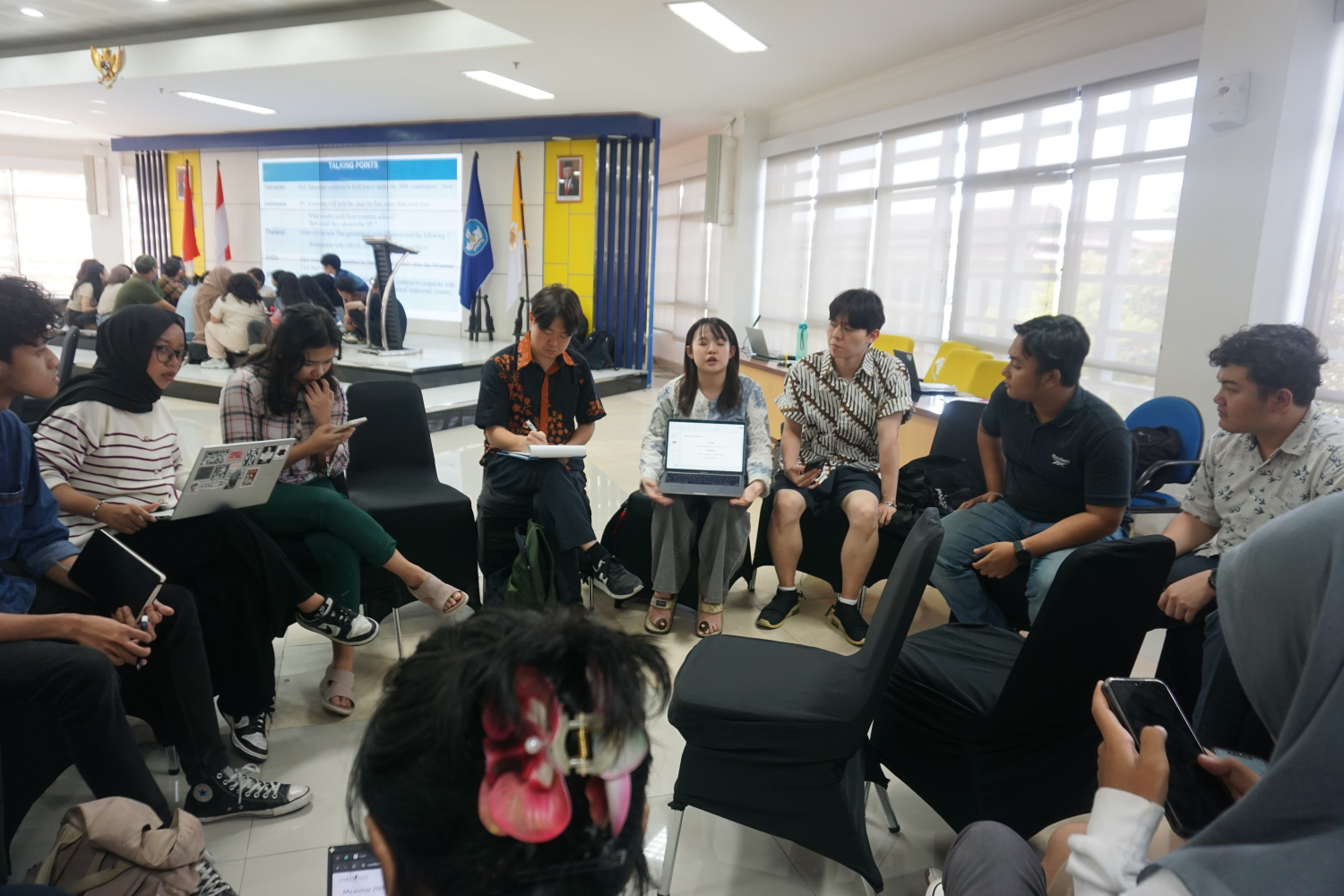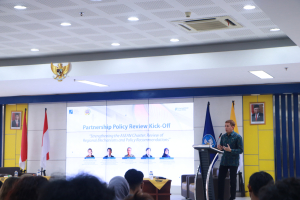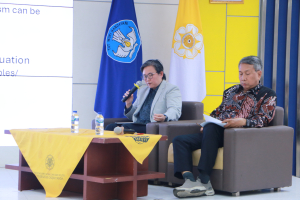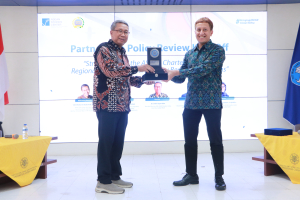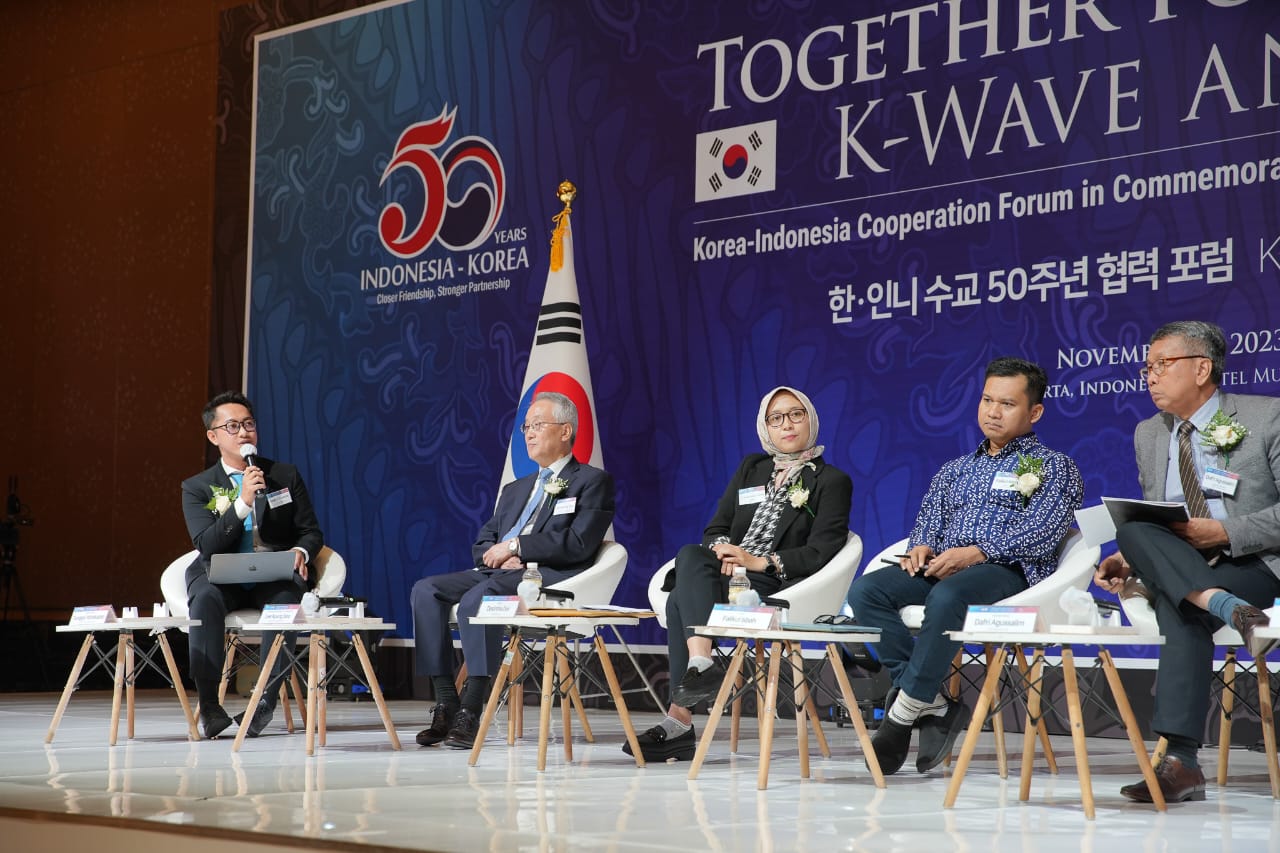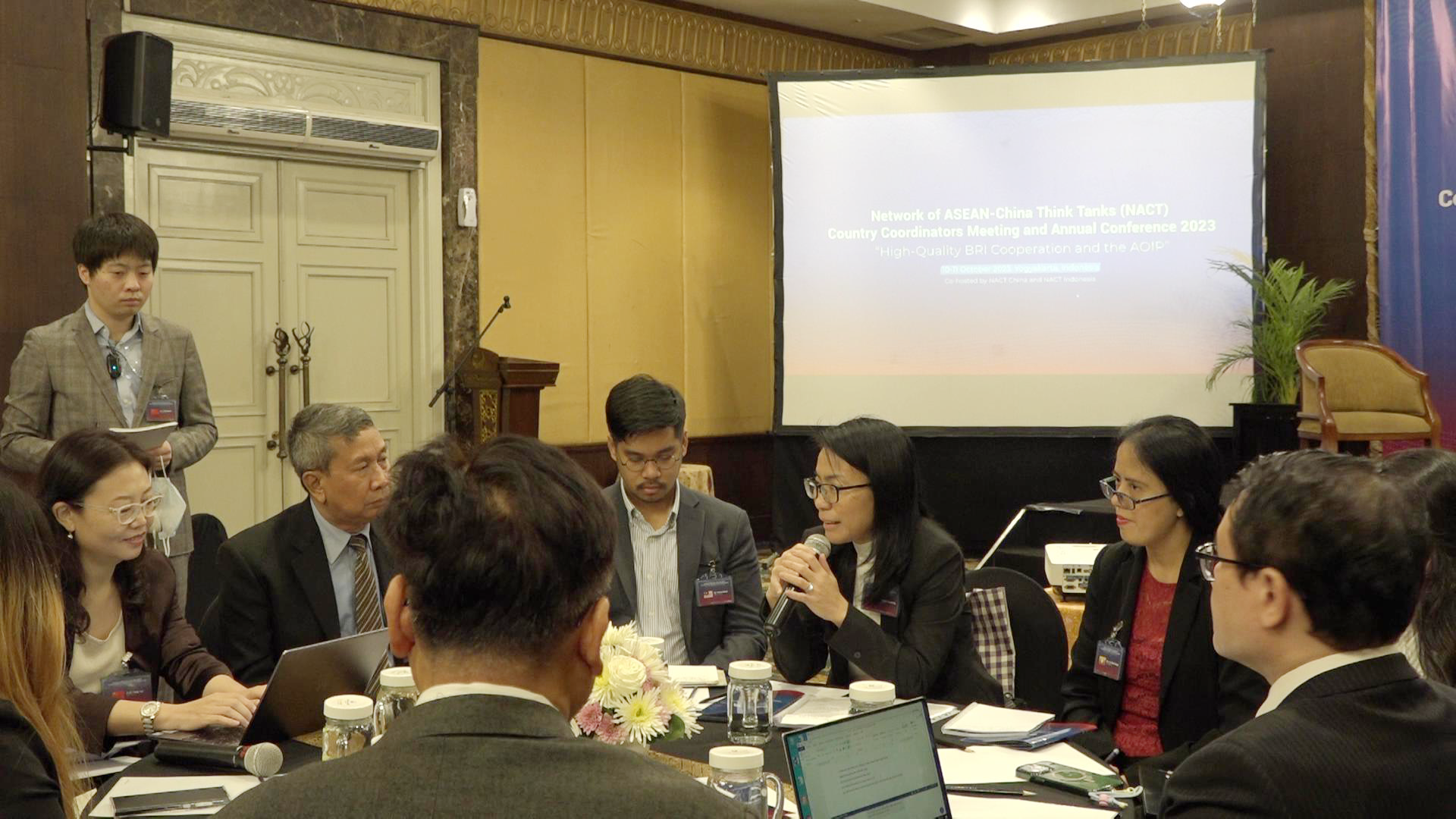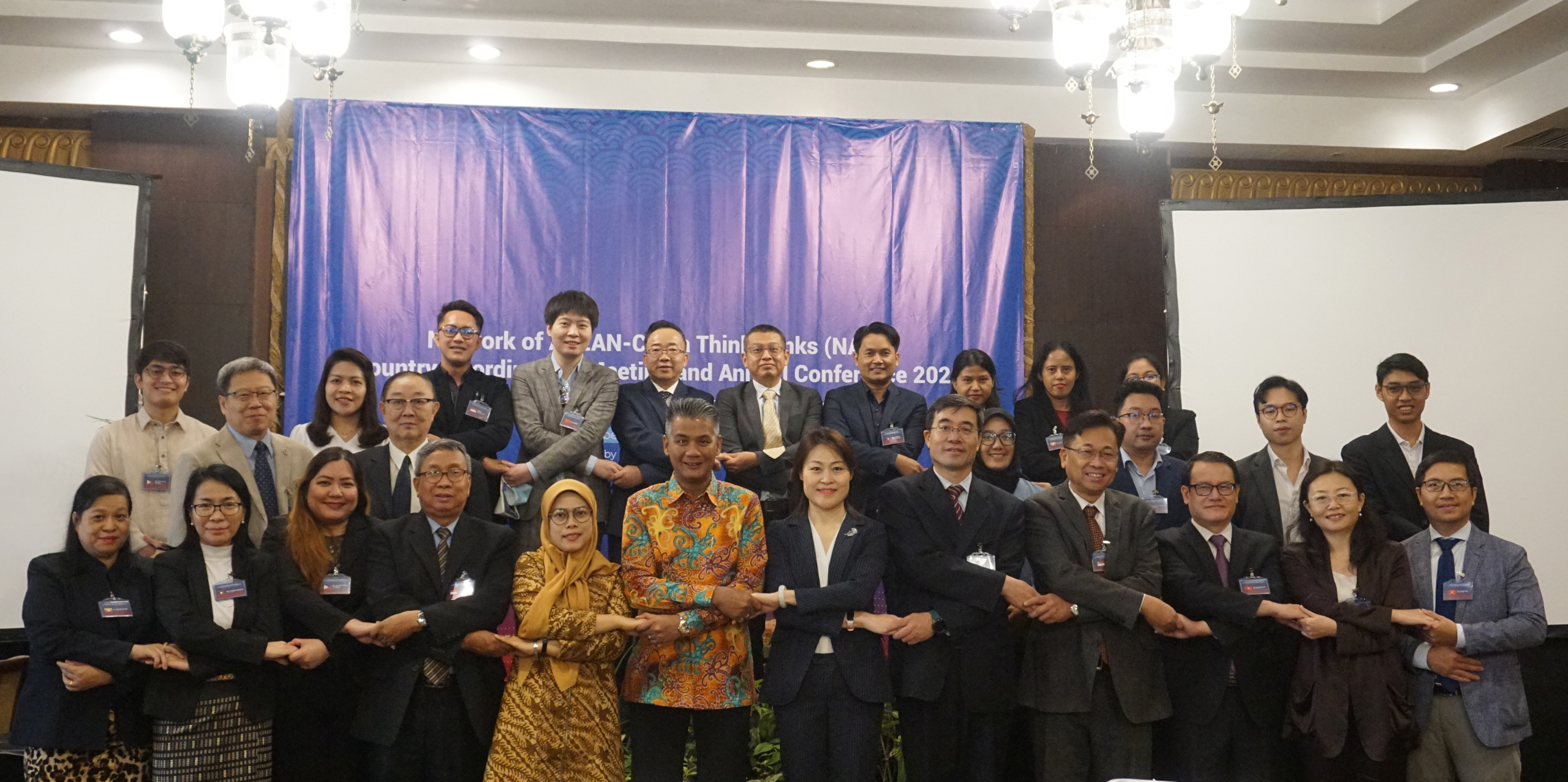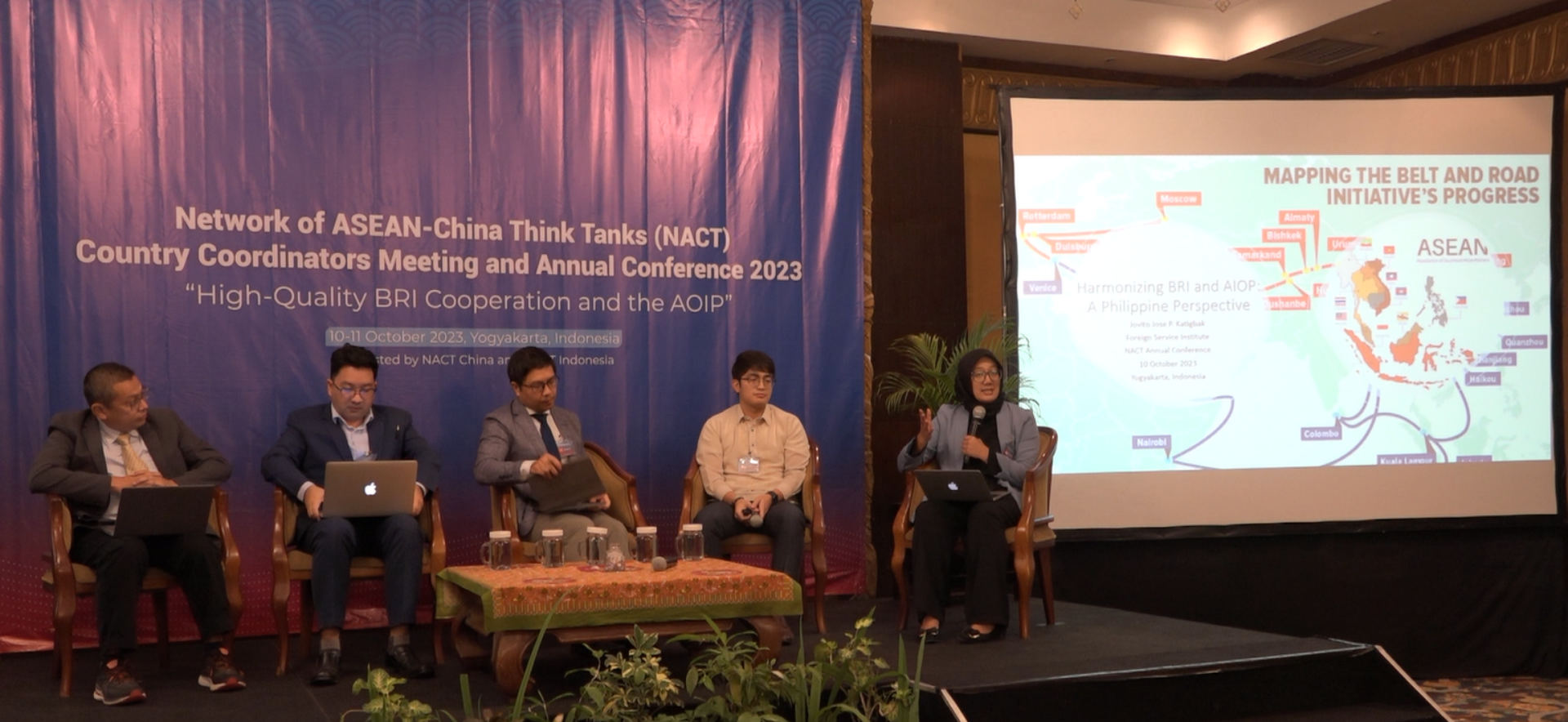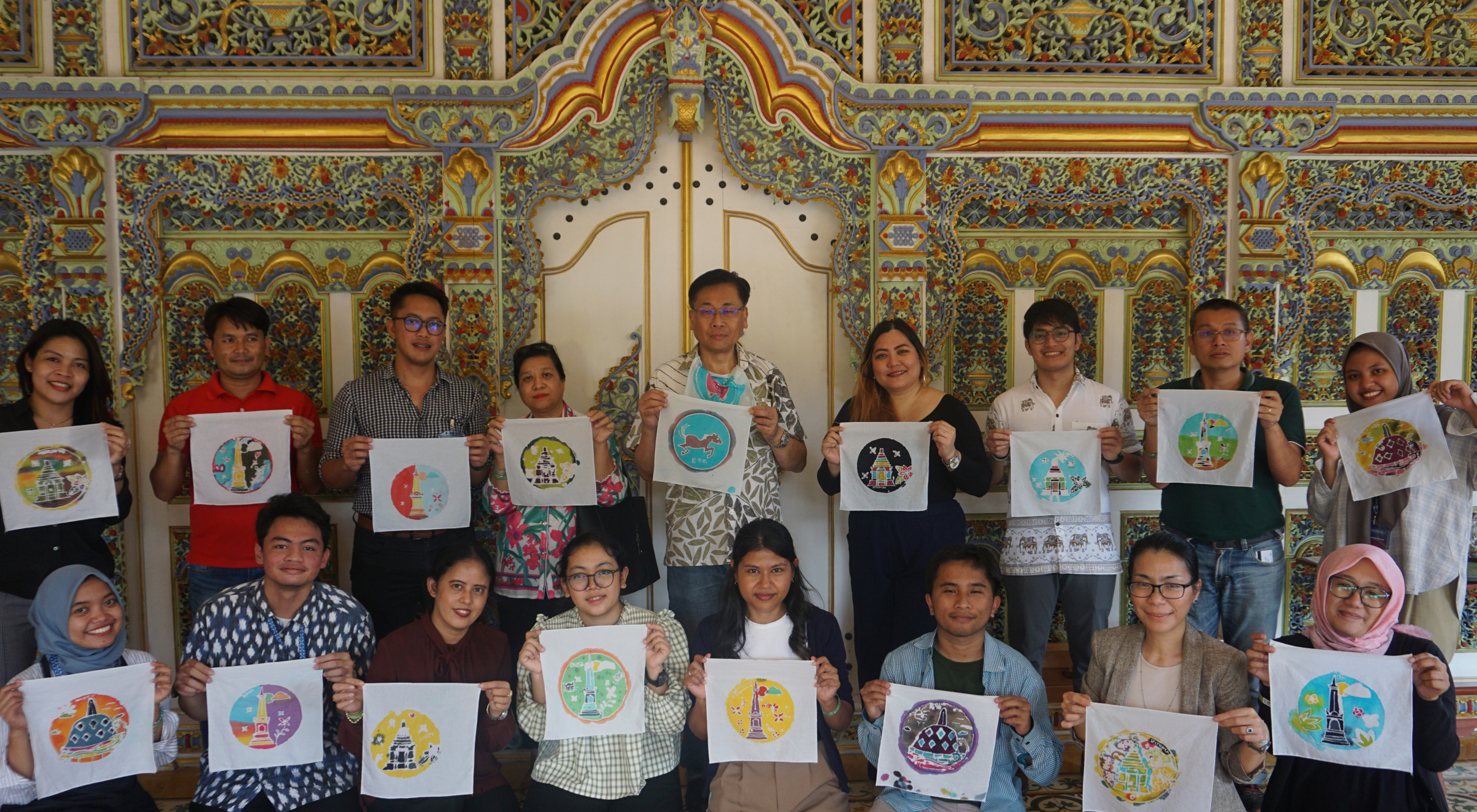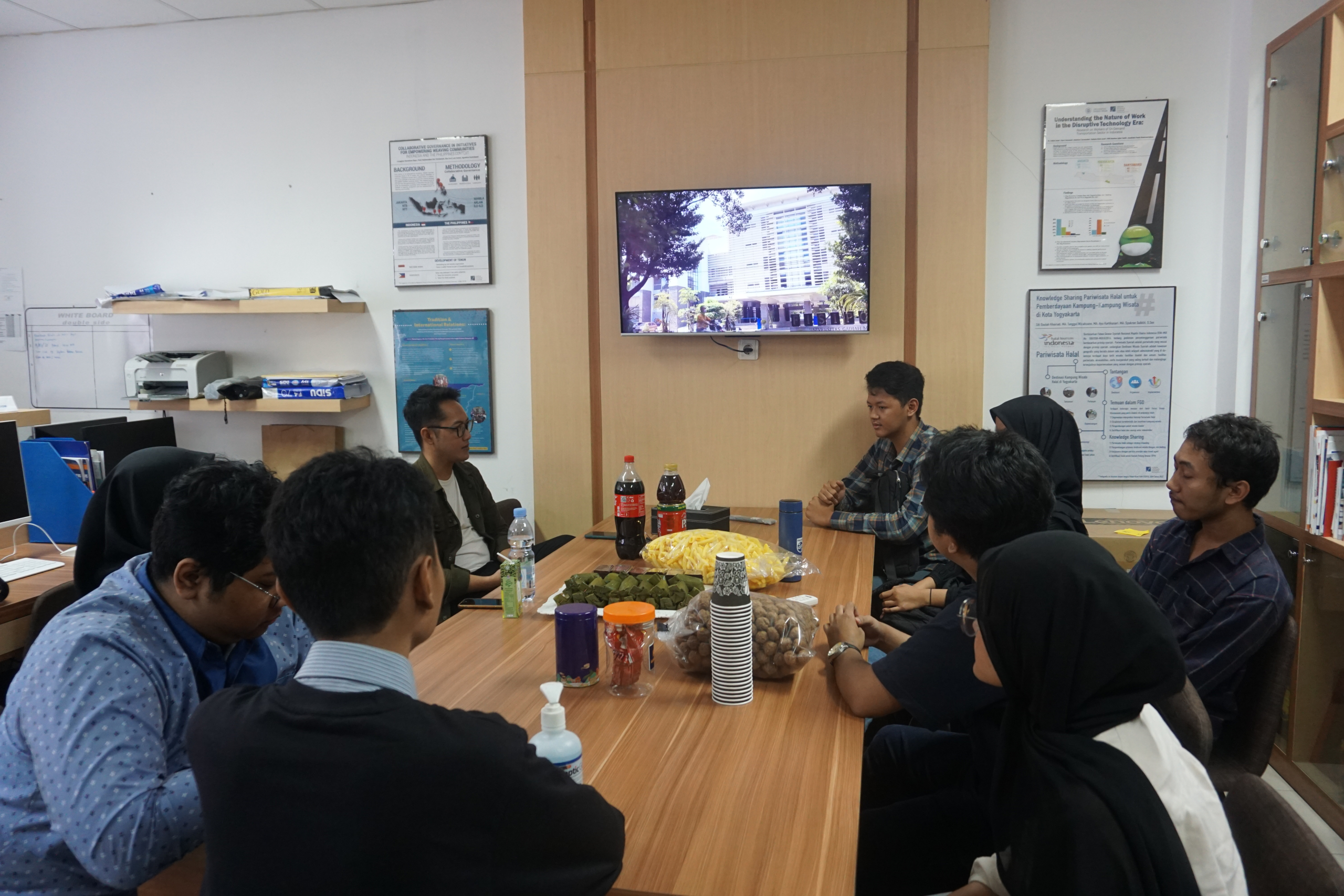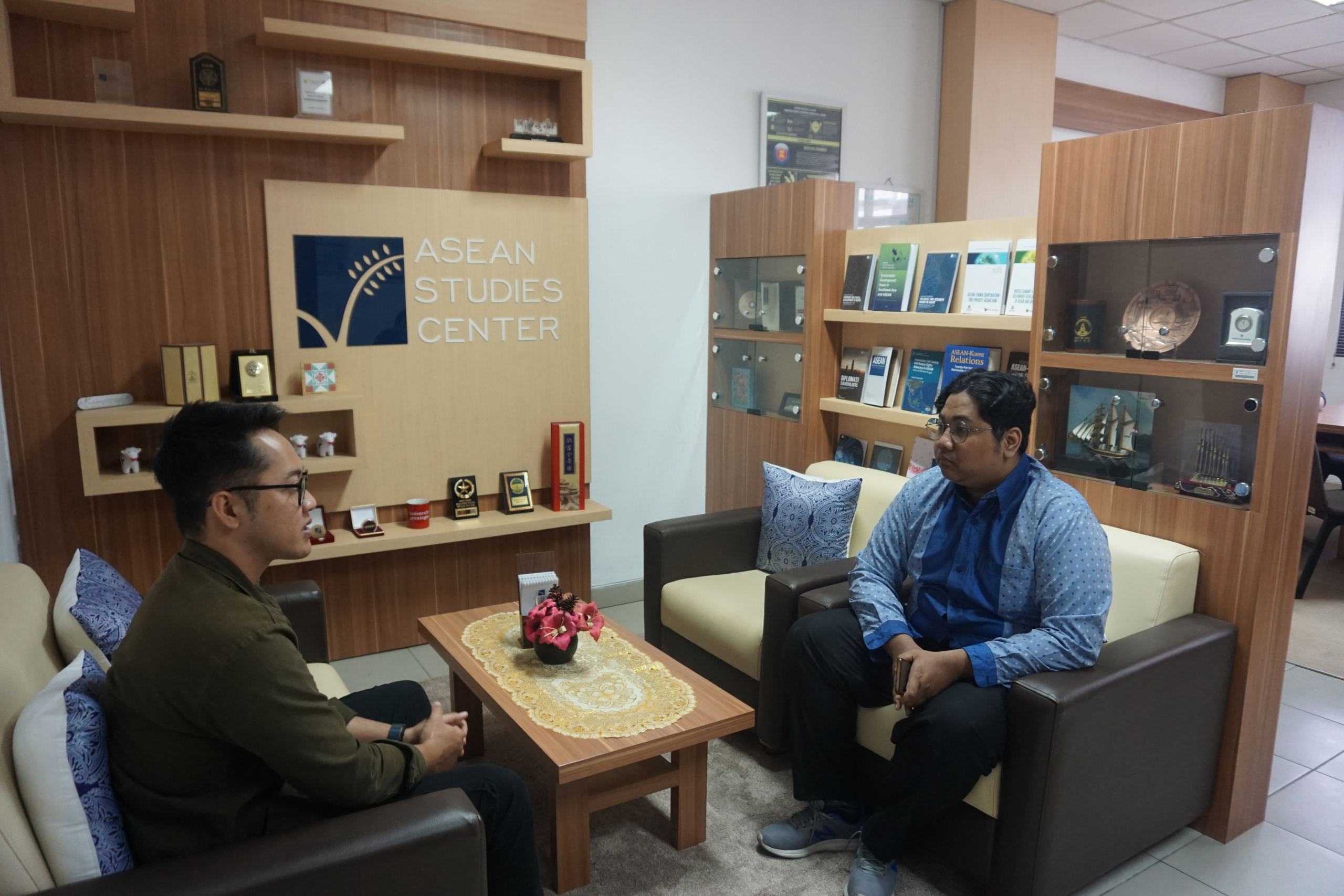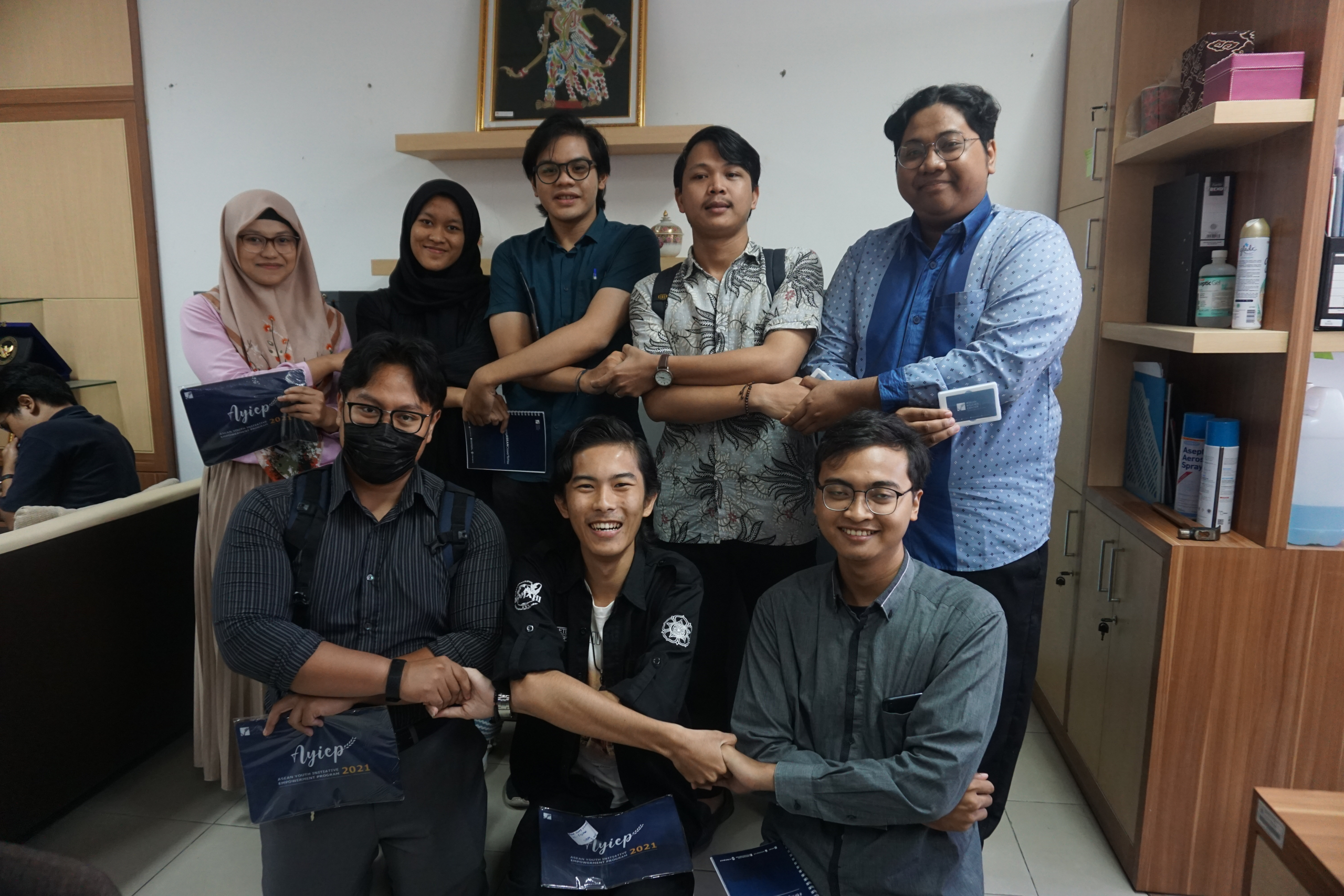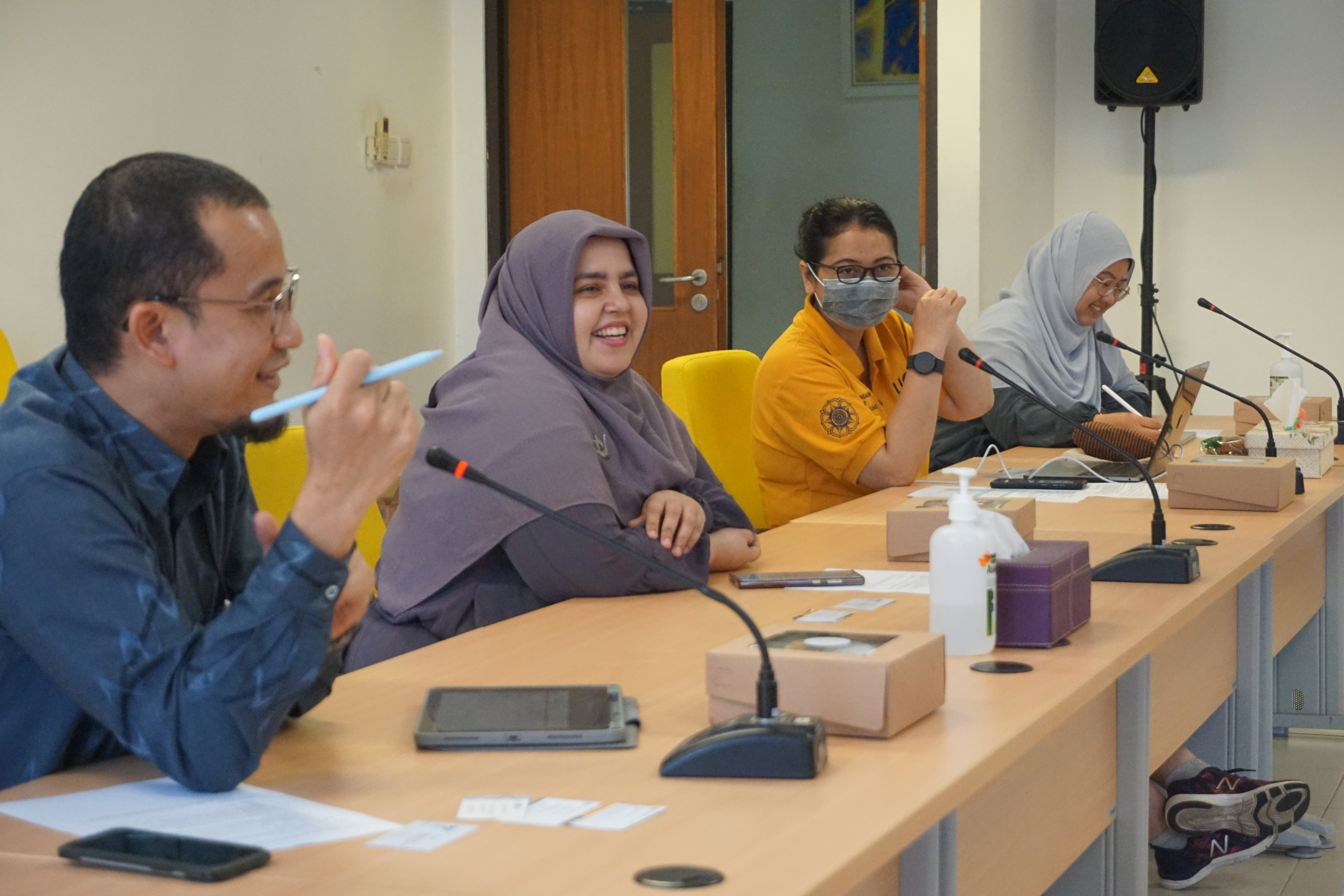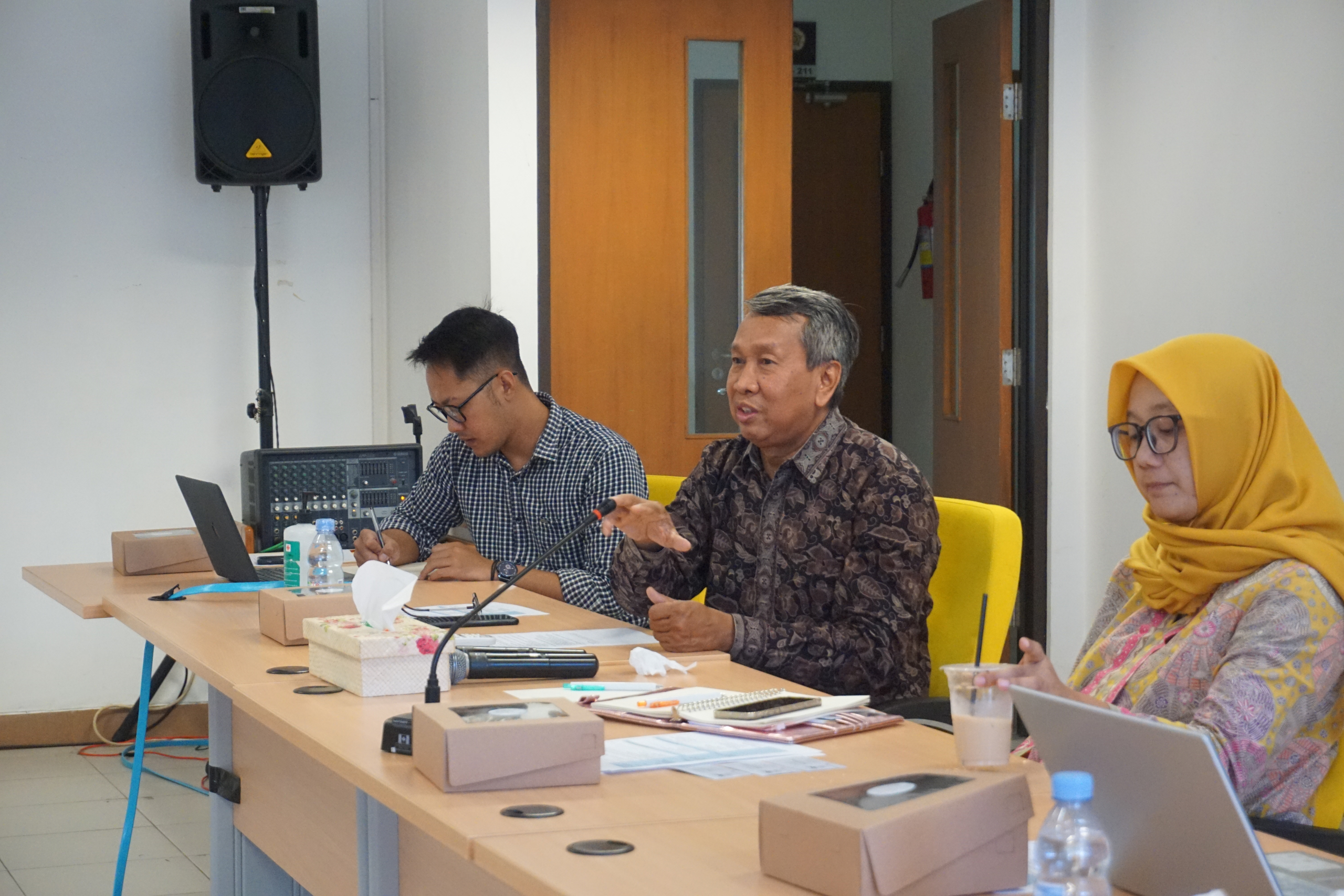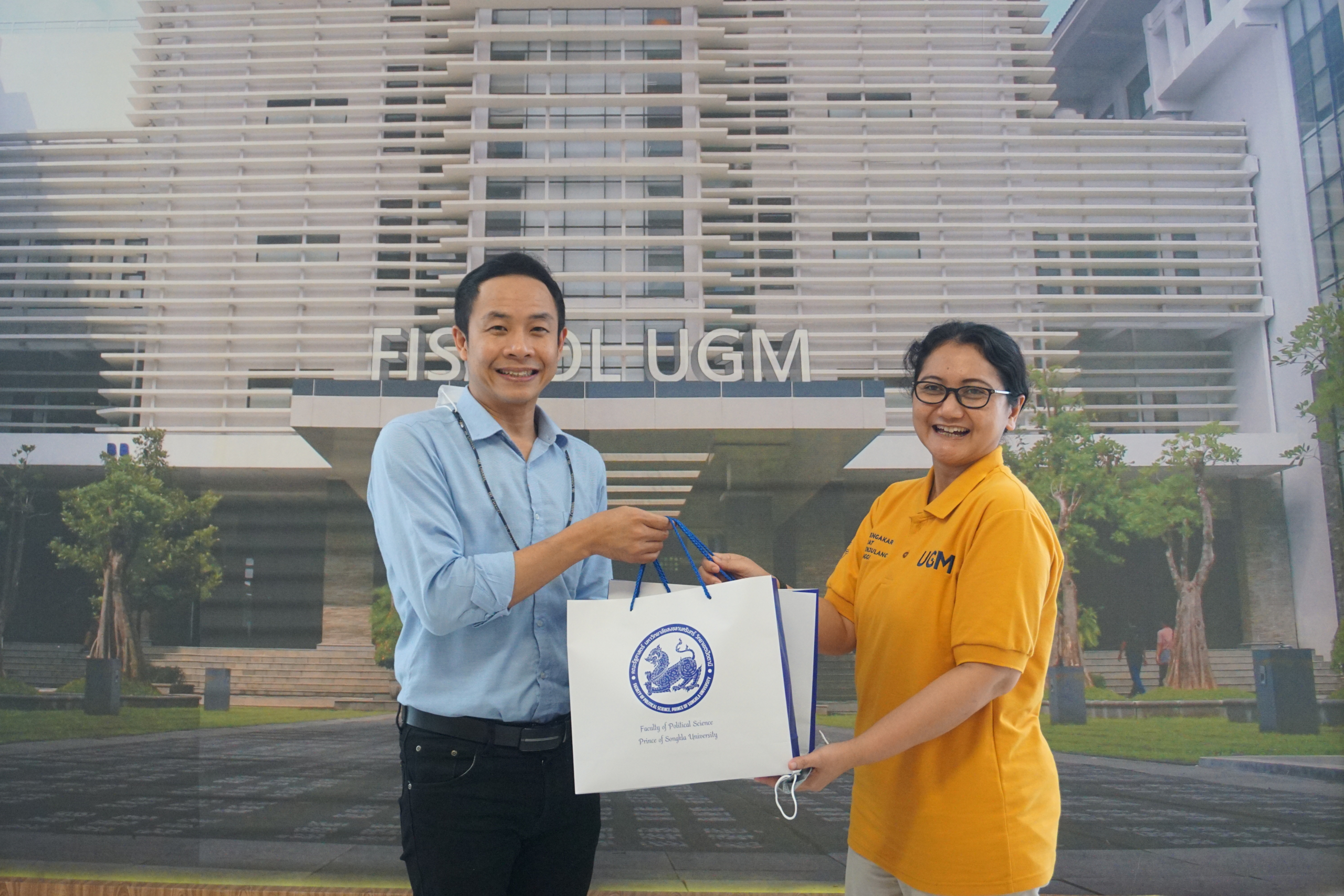Background
Gastro-diplomacy, or culinary diplomacy, is a fascinating approach to international relations that leverages food to foster cultural exchange and build relationships between nations. In the context of the Association of Southeast Asian Nations (ASEAN) countries, the region consists of an abundance of spices and flavors that have not only shaped its cuisine but also played a significant role in its history and global trade. Due to similar weather patterns and geographical conditions, the region shares similar yet unique vegetation and spices that connect the neighboring countries and enhance existing diplomatic ties.
In the same context, the Ministry of Education, Culture, Research, and Technology of the Republic of Indonesia, in coordination with the ASEAN Studies Center (ASC), UGM, organized a day-long seminar on the topic “ASEAN Spice: The Connecting Culture of Southeast Asians” on the 28th of May 2024. The main objective of the seminar was to start a discourse on the spice trade and its cultural and culinary reclamation coupled with heritage preservation; this was held with the experts from each member country to share their own unique history.
Program Proceeding
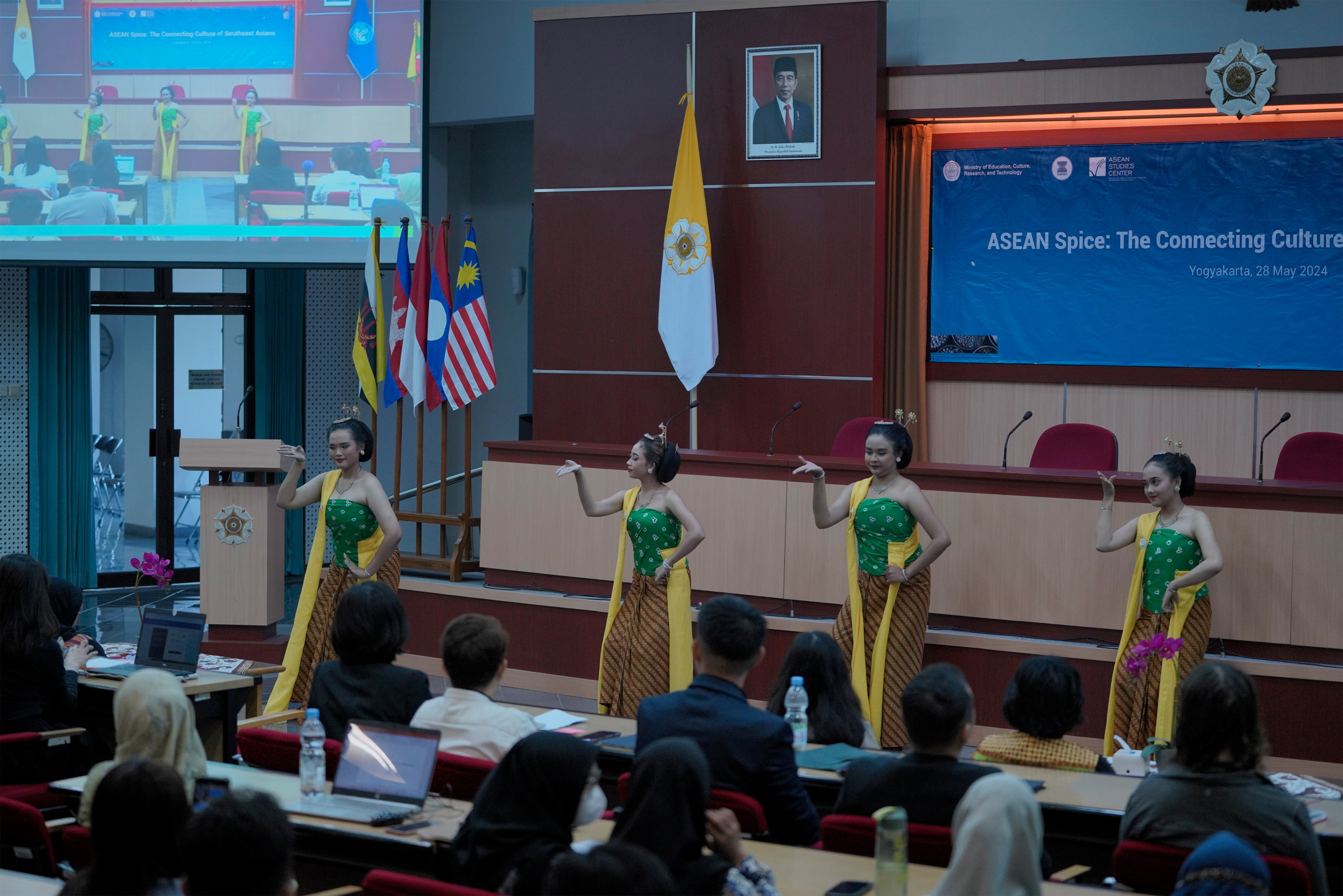
The ASEAN Spice seminar began with singing the Indonesian national song and the ASEAN anthem. Then continued with the Gambyong Pareanom dance from the Surakarta Style Javanese Arts Unit (UKJGS). Ms. Marsha Phoebe, the MC for the seminar, then initiated the event by welcoming all the esteemed representatives from the Ministry of Education, Culture, Research and Technology, representative from ASEAN headquarters, Directorate of ASEAN socio-cultural cooperation in the Ministry of Foreign Affairs, representative of SPICE Cosmopolis UGM, and the delegates from the ASEAN member states, academicians and the participants. She highlighted the importance of the Southeast Asia’s shared living heritage and not limiting it to mere objects of trade that attracted the colonizers to exploit the region for centuries but regarding it as a testament of resilience over the years.
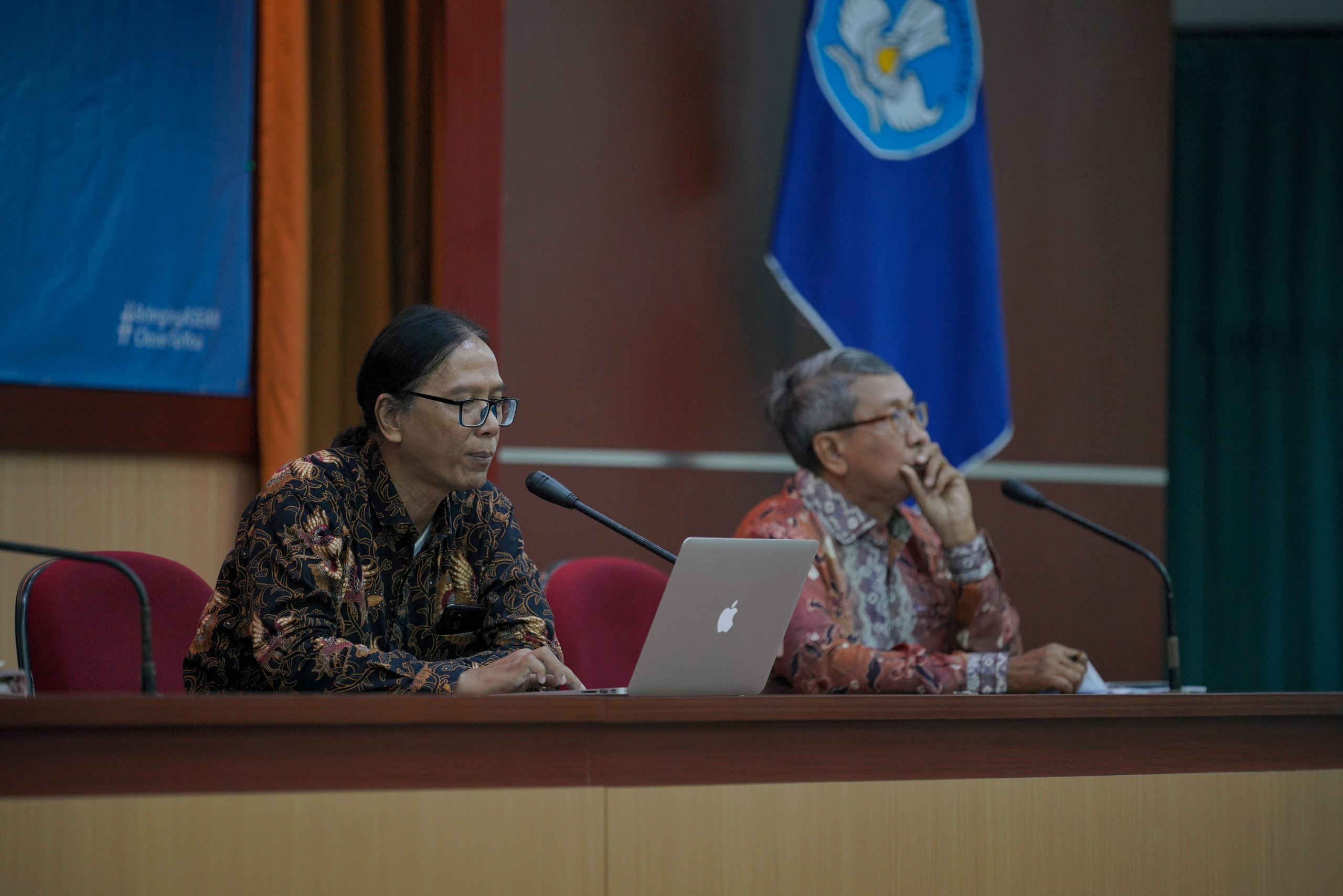
The representative from the ministry, Ms. Dharmawati, went on to share the importance of exchanging the culture and identity in ASEAN and further studying its potential. The wellness industry, as per the Global Wellness Institute in 2022, had an output of about 5.6 trillion USD in the global economy, out of which 200 billion USD was from the ASEAN nations.
Moving on, a keynote discussion was moderated by Ms. Yulida Nuraini Santoso, Managing Director of ASEAN SC and Lecturer at the Department of International Relations, UGM, where the keynote speakers were Dr. Sri Margana; Historian, Senior Lecturer, Department of History, UGM and Dr. Dafri Agussalim; ED of ASEAN SC, Professor at Department of International Relations, FISIPOL, UGM. The discussion went ahead with the historical aspect of spice in Indonesia and how it has been able to foster cultural and economic knowledge, customs, and traditions. Historically, the spice was traded by the Arabs from India, Ceylon, and Nusantara. They enjoyed the spice trade monopoly until the colonizers from Portugal, Britain, and the Netherlands arrived. Similarly, when we analyze the spice trade, Indonesia has always been at the center of it as most of the plants were native to Indonesia. Along with the trading, the traders brought about their cultural and religious practices, such as Islam, Christianity, Hinduism, and Confucianism, to Indonesia, which has now become embedded as a part of the Indonesian identity. The efforts made by the UGM Spice Cosmopolis were shared, where they hold the notion that the contribution of Nusantara spices is not merely for trading routes but also as a form of creativity and the formation of spice culture. Thus, it is high time to revitalize and reclaim the cultural identity linked with spices.
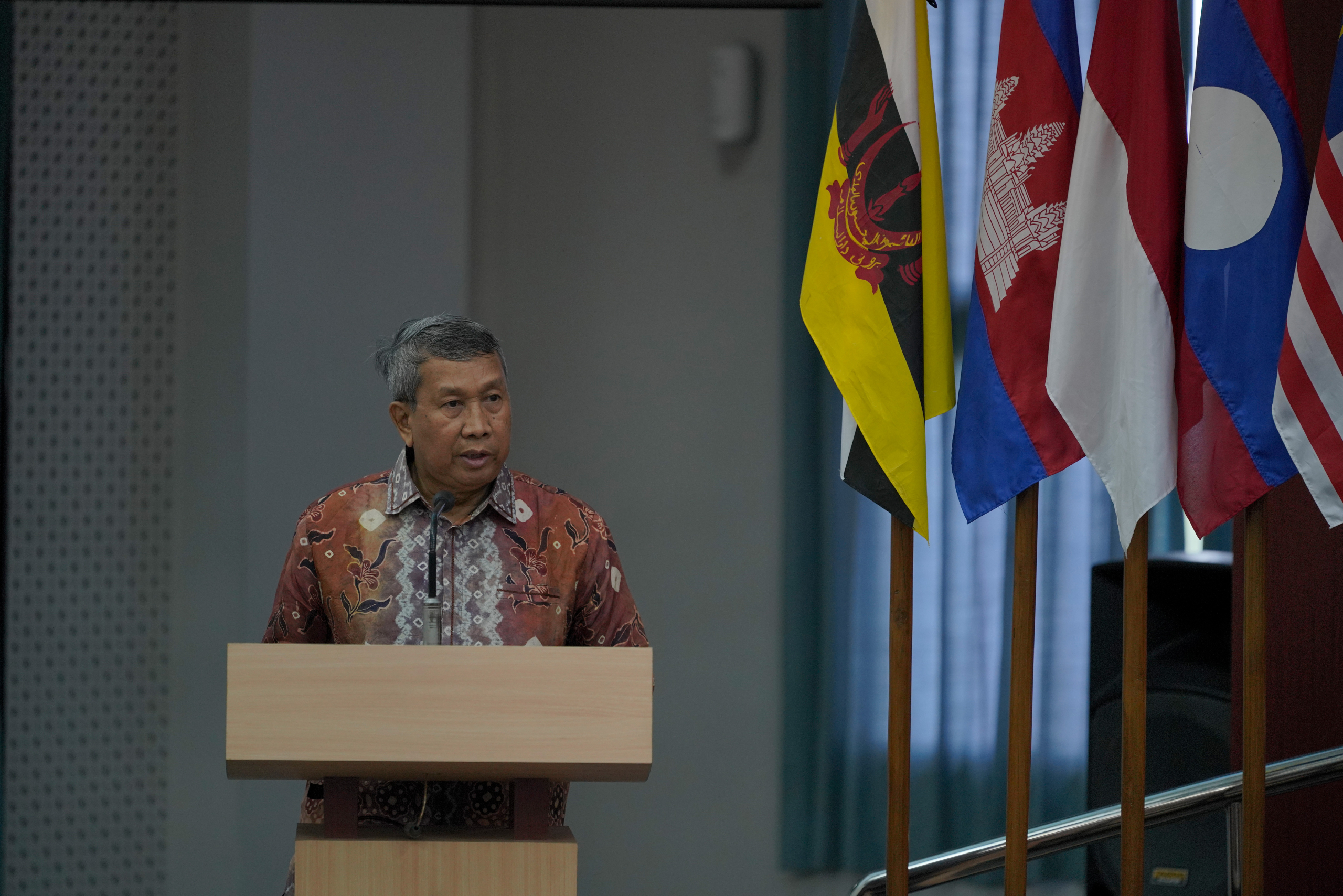
Dr. Dafri Agussalim stressed the importance of gastro-diplomacy and its role in international relations in fostering mutual understanding and cooperation, strengthening economies and cultural identities. There is a need to continue the resilience that our ancestors showcased throughout colonial history to the current era while preserving the knowledge of spices. Spice has been a connecting factor in early times, and it can continue to become one with the efforts of the ASEAN nations if it is taken not just as mere flavor enhancers but for its medicinal values, preservatives, and aphrodisiacs.
Post the keynote discussion, a short question and answer session was held where the participants posed queries such as the methods of decolonizing the narratives surrounding the spices, for which the answer was to start with the usage of transformative terms like “Spice Culture” and moving away from the limiting terms such as “Spice Routes”. While commodification does bring monetary benefits to countries, there is a need to put efforts into the preservation of the unique ASEAN heritage. Hence, changing the commonly used terms like “Spice Route” is the start of decolonization, and copying the terms like “Silk Road” needs to stop. Furthermore, the movement of people across the region has enhanced the culture even more than before, so there is a need to differentiate between migration and trade.
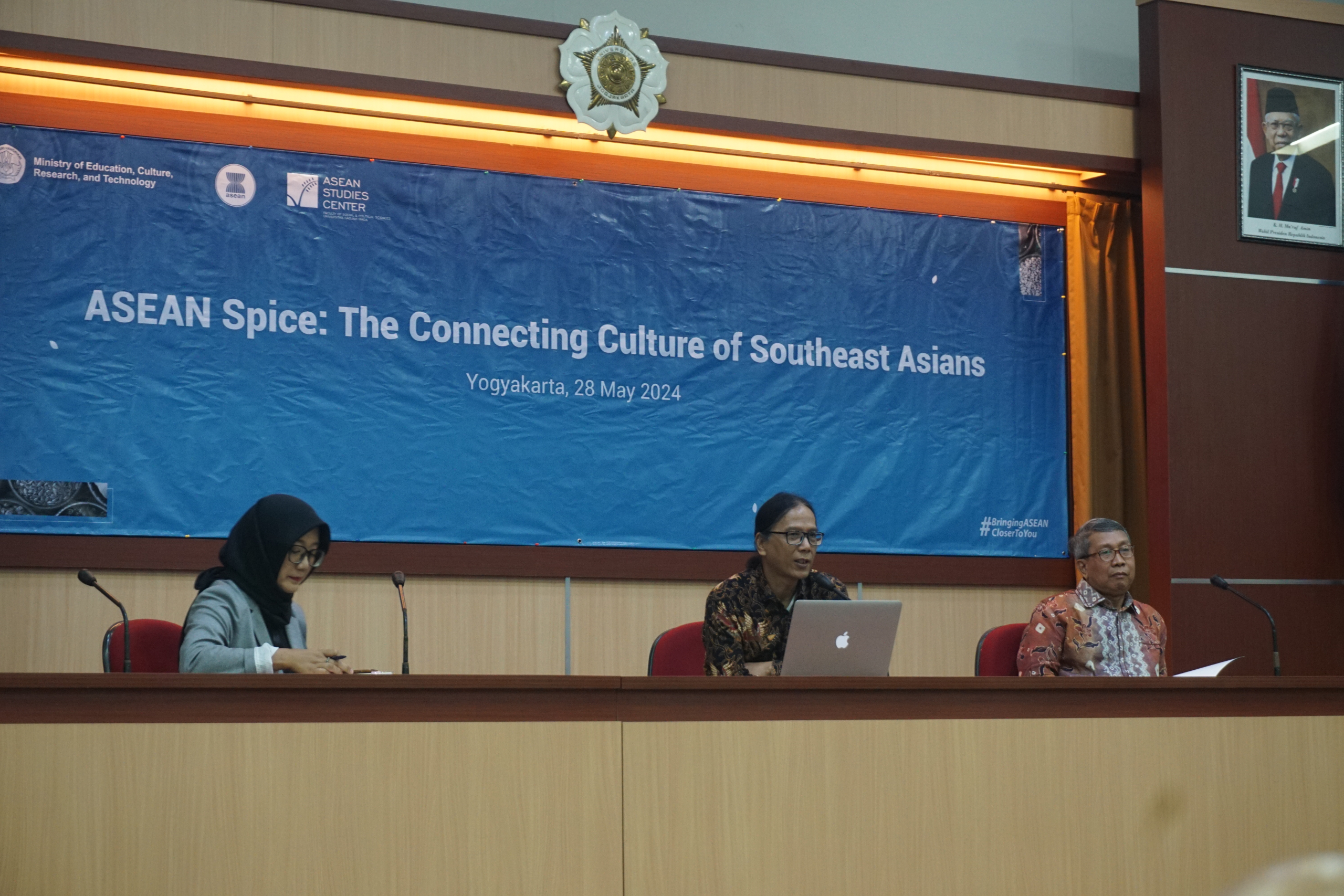
The seminar then continued with presentations from representatives from 10 ASEAN member countries. In the first country presentation session, representatives from Brunei Darussalam, Cambodia, Indonesia, Lao DPR, and Malaysia, respectively, presented their institutions and countries’s efforts to preserve and promote the spice culture. Brunei Darussalam conveyed their efforts to introduce the connection of spices with neighbouring nations through culinary diplomacy. For Cambodia, the spices they use are mostly inspired by Indian and Chinese cuisines and neighbouring Southeast Asian nations. In the third presentation, Indonesia said that apart from daily household use, the spices are mostly used for medicinal purposes. However, in order to use these mainstream medicinal herbs and spices, quality assurance, efficacy, and safety must be ensured. Meanwhile, representatives of Laos said that unique spices such as chilli and black ginger are the unique identity of Laos and need to be preserved. The fifth presentation, namely Malaysia, said that the role of the ministry in the preservation of tangible and intangible spice heritage has been significant. They have been actively promoting conservation, sustainable use, fair and equitable sharing of benefits, empowering the community, economic impacts, and innovation while utilising their spices.
Myanmar, as the first presentation at the second country presentation session, said that they were focused on income generation, the creation of job opportunities, the utilisation of spices, and exporting in large amounts to the neighbouring nations. In the second presentation, the Philippines, said that a tough task to preserve indigenous knowledge of spices and herbs, and it is the country’s responsibility. In the next presentation, Singapore talked about the usage of betel nuts and betel leaf culture. Although it is widely used in the Indian subcontinent, the practice originated in Indonesia. Meanwhile, Thailand shared about the rich history of how travellers and traders brought with them their knowledge about spices, and combining it with the local spices to make a unique cuisine is what has made Thai food one of the most popular foods. The last presentation, namely Vietnam, said that the spices used in the Vietnamese culinary culture are mostly Chinese, French, and Indian spices. However, they believe in the nominal usage of spices in their food and try to keep it balanced and maintain the nutritional value of the food.
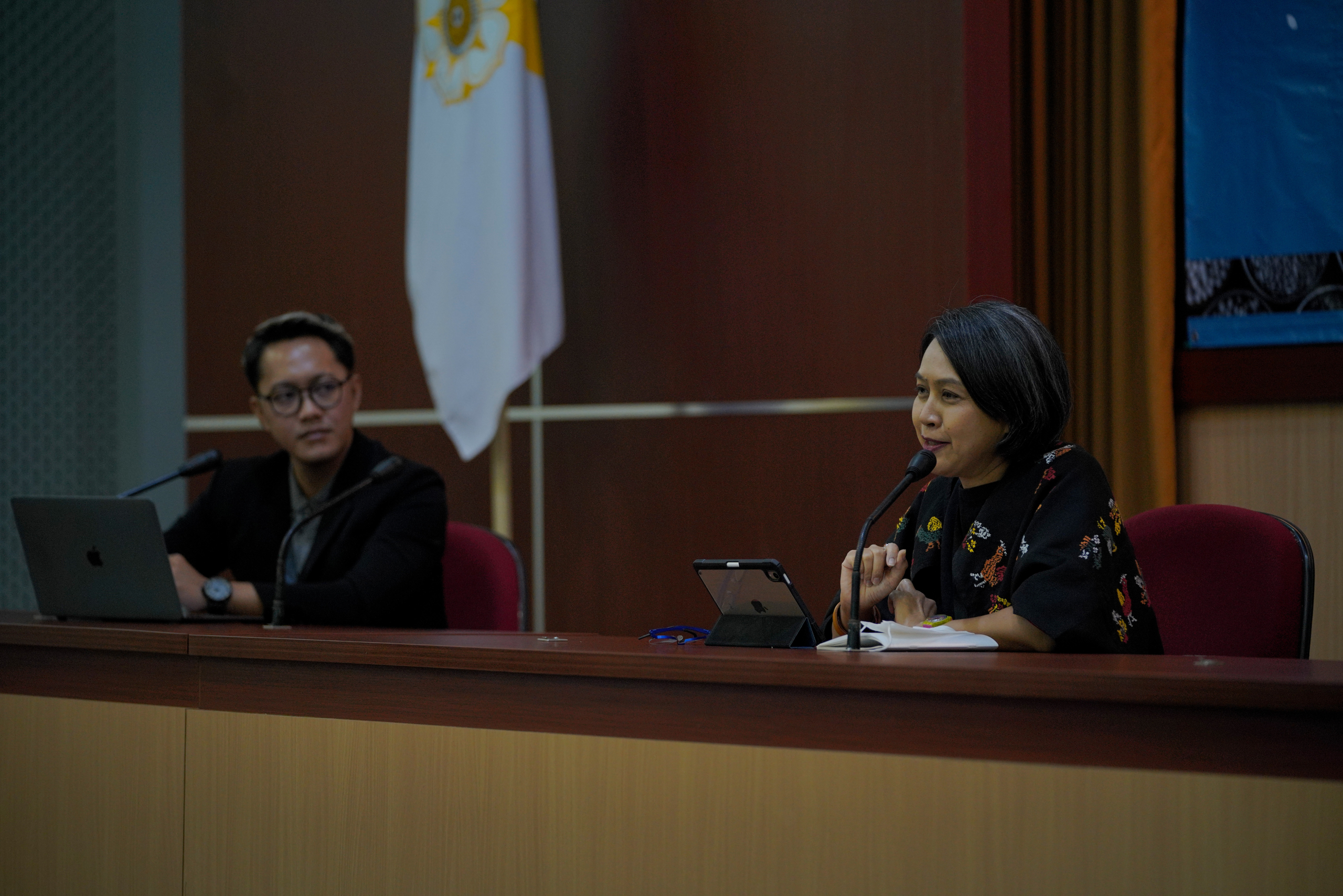
After the presentations from the member nations, Moderator Mr. Tunggul Wicaksono, Research Manager of ASC gave the concluding key remarks. Where he stated that the ASEAN nations are harmonized by the spice, and the exchange of spice culture and knowledge will only strengthen diplomatic ties, economic bonds, and a sense of oneness among us. Likewise, there were queries regarding whether an agreement on the ASEAN level can materialize for the trading of spices and exchange of knowledge, to which everyone agreed that this discourse is a positive beginning and there will be more follow-up in the future. There were few recommendations as to community engagement indigenous knowledge preservation will reflect the common identity. Finally, it was also noted that there is a need for behavioral transformation from a competitive to a collaborative approach, which will benefit not only one nation but the whole of ASEAN.
Conclusion
By embracing shared ASEAN culinary heritage and engaging in gastro-diplomacy initiatives, ASEAN nations can not only promote their unique cuisines but also strengthen cultural ties and foster greater understanding and cooperation on the international stage. This is an opportunity to showcase the richness and diversity of ASEAN’s culinary traditions while building bridges between nations in a collaborative manner. This will result in the promotion and preservation of the already appreciated Southeast Asian spice culture but in a unified manner in the global arena.
Therefore, ASEAN member nations must put in efforts to restore and celebrate the spice culture. This will prove to be a stepping stone to decolonization and reclamation of ownership over our shared history, recognize the values of spice beyond being a mere commodity, and honor its role in creating a unique identity for ASEAN.
